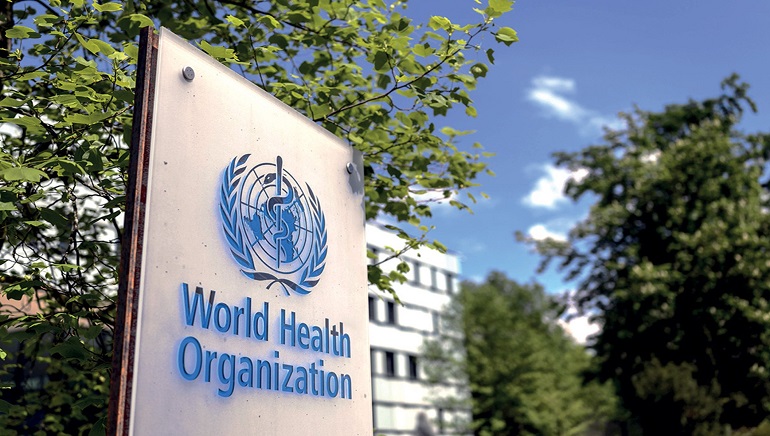The World Health Organization (WHO) has cautioned while using artificial intelligence (AI) generated large language model tools (LLMs) to protect and promote human well-being, human safety, and autonomy, and preserve public health.
LLMs include some of the most rapidly expanding platforms such as ChatGPT, Bard, Bert and many others that reproduce understanding, processing, and producing human communication. Their sudden popularity among people and rising experimental use for health-related purposes is generating significant excitement around the potential to support people’s health needs, the global health body said. It added that it is, thus, imperative that the risks be examined carefully when using LLMs to improve access to health information, as a decision-support tool, or to enhance diagnostic capacity in under-resourced settings to protect people’s health and reduce inequity.
While WHO is enthusiastic about the appropriate use of technologies in healthcare, including LLMs, it underlines that caution that would normally be exercised for any new technology is not being exercised consistently with LLMs. This includes widespread adherence to key values of transparency, inclusion, public engagement, expert supervision, and rigorous evaluation. Adoption of untested systems could lead to errors by health-care workers, cause harm to patients, erode trust in AI and adversely affect the potential long-term benefits and uses of such technologies around the world, the WHO said.















